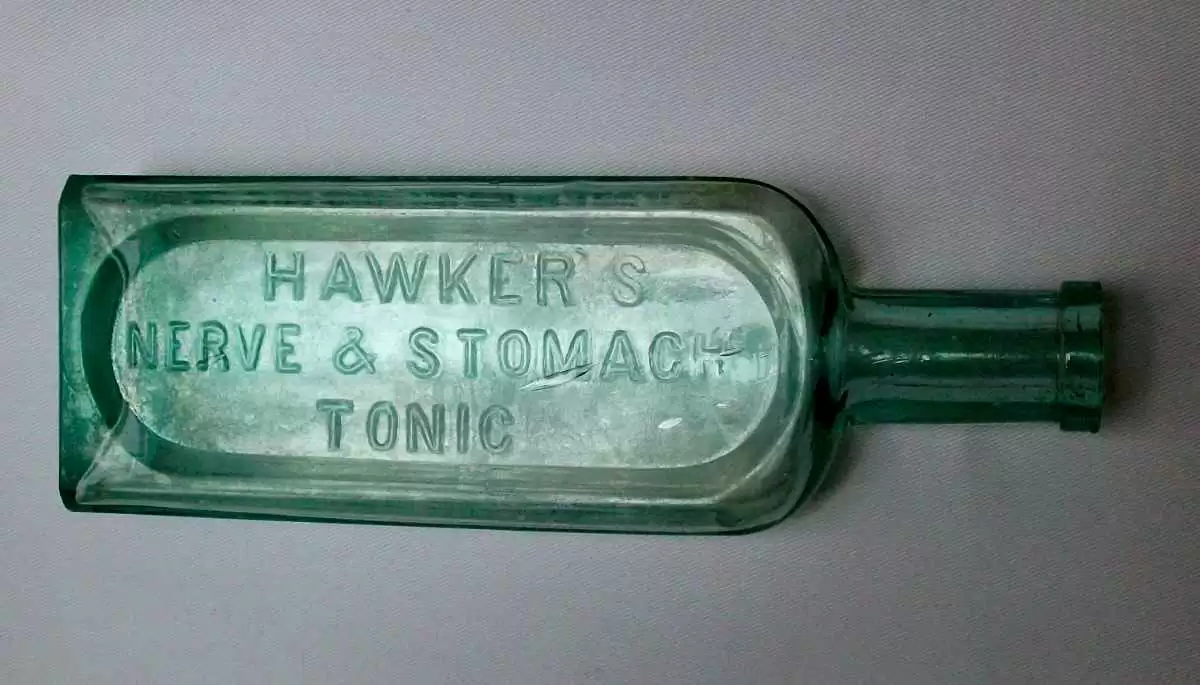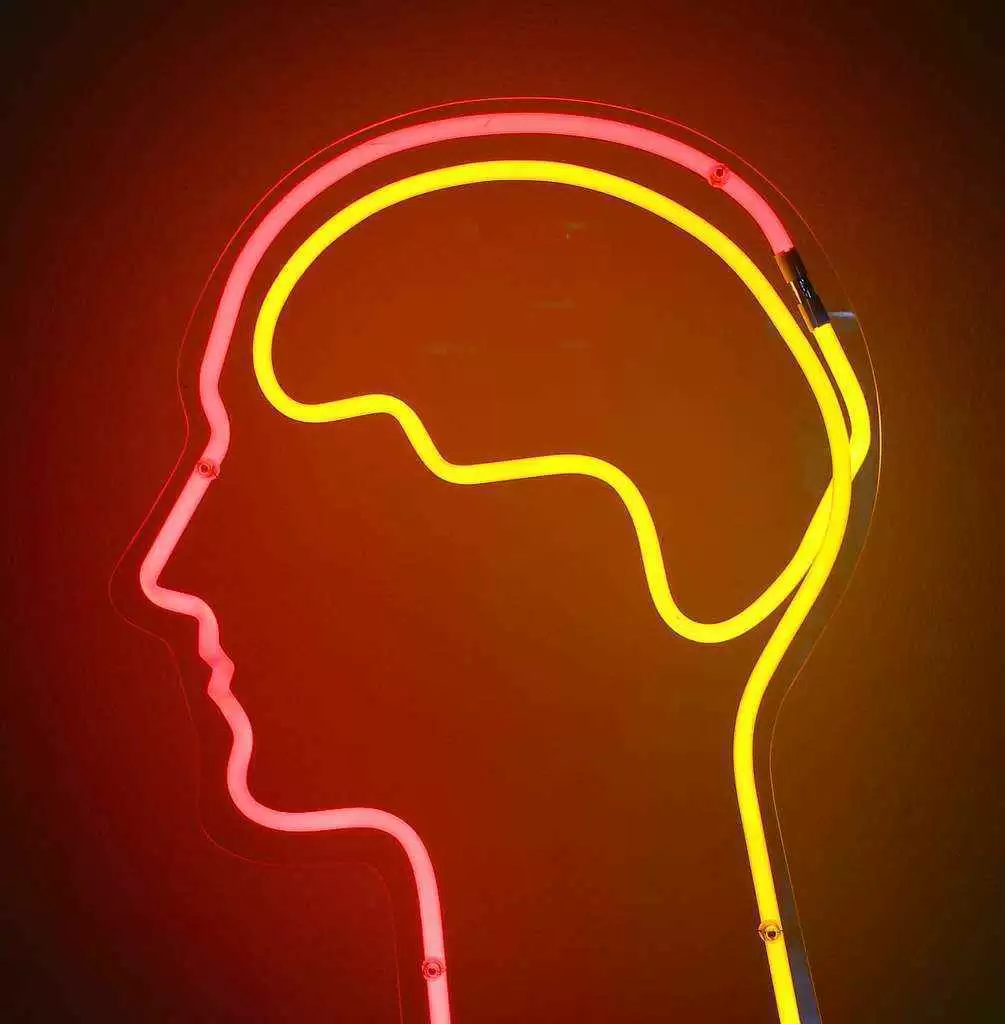
Celiac.com 10/08/2022 - Celiac disease is now recognized as a spectrum of gluten-sensitive illness in which the gut is no longer seen as the sole target. For example, dermatitis herpetiformis is a skin manifestation of gluten sensitivity. Celiac disease is no longer considered just in individuals with classic intestinal damage but in individuals with other signs of immune activation and/or degrees of gut involvement, triggered by the ingestion of gluten. Substantial evidence demonstrates that the nervous system also can be a target organ with or without the presence of gut involvement(1).
Neurological Complications in Celiac Disease
Approximately ten percent of celiac disease patients develop neurological complications(2) . Based on case studies, the most common neurological disorders associated with celiac disease are cerebellar dysfunction, epilepsy and peripheral neuropathy. From 1964 to 2000, data compiled from case reports of 83 celiac patients with neurological complications revealed that 70% of them were diagnosed with either ataxia or peripheral neuropathy(3) . A retrospective data survey of 620 patients attending the Derby Coeliac Clinic found the following neurological and psychiatric complications: Depression (12%), epilepsy (4%), migraine (3%), carpal tunnel syndrome (2%), stroke (2%), anxiety (2%), self poisoning (2%), myopathy (1%), learning difficulty (1%), sciatica (1%), meningitis (1%), Parkinson’s disease (1%), tension headache (1%), multiple sclerosis (1%) and peripheral neuropathy (1%)2 . However, further study needs to clarify the relationship between celiac disease and these complications.
Celiac.com Sponsor (A12):
A recent study found 13 (8%) among 160 celiac patients had neurological disorders(4) . Ten of the thirteen patients had central nervous system disorders such as epilepsy, attention/memory impairment, and cerebellar ataxia. The remaining patients had peripheral nervous system disorders. In eleven out of thirteen cases, the celiac disease diagnosis came after the onset of the neurological disorder. Seven celiac patients were diagnosed and treated within six months of the neurological onset. All seven had either substantial or complete resolution of their neurological symptoms. In contrast, four out of five patients who were diagnosed with celiac disease from 10 to 264 months after the appearance of their neurological disorder showed no improvement in their neurological symptoms on the gluten-free diet. This study demonstrated that the crucial timing of treatment with a gluten-free diet in celiac patients who have neurological disorders might affect whether the neurological symptoms are reversible.
While the incidence of neurological complications in celiac disease is estimated to be ten percent, the incidence of celiac disease in neurological patients is still unknown. Celiac disease can escape detection in blood antibody screenings(5). Not all gluten-sensitive individuals demonstrate classic biopsy evidence of celiac disease, but exhibit milder intestinal features. Also, not all celiac patients present with gastrointestinal symptoms. Therefore, neurological patients with gluten-sensitivity may be missed if they are evaluated for neurological symptoms alone.
To identify gluten-sensitivity in neurological patients, antigliadin antibodies were determined in two groups of neurological patients. In a group with idiopathic neurological illness versus another group with identifiable neurological illness, a marked difference of 57% versus 5%, respectively, were antigliadin antibody positive(2) . Twenty-six (86%) of those in the idiopathic group consented to small bowel biopsy and nine (34%) of them had intestinal features characteristic of celiac disease. However, 12% of the healthy blood donors were also antigliadin antibody positive and no explanation was given. Therefore, it was unclear whether the rate of gluten-sensitive neurological illness could be overstated by 12 percent or that 12 percent of the normal population could have gluten-sensitivity.
Gluten Ataxia
Gluten ataxia is the most common form of neurological dysfunction to be attributed to gluten sensitivity1 . Up to 41% of sporadic idiopathic ataxia is caused by gluten ataxia, as evidenced by the presence of antigliadin antibodies. Patients with gluten ataxia have difficulty controlling their upper and/or lower limb movements. Hadjivassiliou et al found 79% (54 of 68) of gluten ataxia patients had damage to the part of the brain called the cerebellum which is involved in coordination and steadiness.
Not all gluten-sensitive, neurological patients will also have classic intestinal biopsy evidence of celiac disease. Of 51 gluten ataxia patients who underwent duodenal biopsy, 24% of them had biopsy proof of celiac disease and only 13% had gastrointestinal symptoms1 . Yet, treatment with a gluten-free diet can be helpful, irrespective of gut involvement. For example, 26 patients with gluten ataxia were offered a gluten-free diet and were confirmed to be adhering to the gluten-free diet by evidence of negative serology within six months to one year of treatment(6). When compared to the control group of patients with gluten ataxia who did not receive treatment of a gluten-free diet, all 26 patients in the treatment group improved significantly in their ataxia based on a battery of tests. The response observed in the treatment group was irrespective of gut involvement or the duration of the ataxia (mean duration of nine years). These results contrasted with the expectation that the ataxia would remain despite evidence of the loss of cerebellar Purkinje cells which are the target cells in gluten ataxia(3, 6).
Malabsorption or Autoimmunity? Two potential mechanisms to explain the neurological dysfunctions of celiac disease are nutrient deficiencies due to malabsorption, and autoimmune disease. Currently, it is unknown which of these, or both, is the underlying cause of neurological disorder in celiac disease. A reference to these potential mechanisms came in 1966 when Cooke and Smith reported a landmark study of 16 adult celiac patients with neurological complications3 . For most of them, symptoms of classic celiac disease pre-existed their neurological symptoms. All 16 were found with extreme weight loss and vitamin deficiencies along with anemia due to severe malabsorption. Subsequently, over half of them died, despite gluten restriction, due to the progression of their neurological complications involving sensory ataxia and/or other features. Post-mortem findings in four patients revealed cerebellar Purkinje cell loss and T-cells (type of white blood cell) infiltrating parts of the brain, brainstem, and spinal cord(7).
Deficiencies of folic acid, vitamin B-12, and vitamin E have been implicated as a potential cause of neurological complications(4). However, vitamin deficiencies alone do not explain the absence of neurological deficits in some patients(2). In addition, vitamin deficiencies are rarely found or can be attributed to neurological dysfunction in association with gluten ataxia patients of which the majority don’t have histological evidence of celiac disease(3). Furthermore, in a current study of 13 neurological celiac patients, only 2 had been diagnosed with malabsorption(4).
In support of the hypothesis of an autoimmune mechanism of celiac disease neurological complications, Hadjivassiliou et al found that gluten ataxia patients with inflammation located in the white matter of the cerebellum part of the brain was marked by the loss of Purkinje cells. The inflammation in celiac disease, which is thought to be mediated by T-cells, is not confined to the small bowel as gliadin-specific T cells and antigliadin antibodies are found in the blood(8). Antigliadin antibodies also have been found in the cerebrospinal fluid(3) . In gluten ataxia patients, antigliadin antibodies were found to bind to Purkinje cells in the cerebellum that might result in damage to this part of the brain(9). This finding suggests that common binding sites are shared between cerebellar Purkinje cells and gliadin proteins. Patients with gluten ataxia also have anti-Purkinje cell antibodies. How antigliadin antibodies gain access to the cerebellum might be due to possible alterations of the blood-brain barrier.
In further support of an autoimmune basis of celiac disease neurological complications, 8 of 13 celiac patients with neurological dysfunction had anti-neuronal antibodies to the central nervous system(4). This was significantly higher when compared with only 1 in 20 celiac patients who had anti-neuronal antibodies but no neurological involvement. Furthermore, 30 non-celiac control patients, who had other autoimmune gastrointestinal diseases or had donated blood, had no detectable anti-neuronal antibodies. After one year of treatment on a gluten-free diet, anti-neuronal antibodies disappeared in 6 of the 8 celiac patients with neurological dysfunction. In 5 of these 6 patients, the neurological symptoms partially or completely resolved. However, anti-neuronal antibodies are not specific for neurological disorders associated with celiac disease since they are also found in other patients with nervous system disorders.
Identification of neurological patients with gluten-sensitivity with or without histological evidence of celiac disease is necessary in order to provide them the opportunity for treatment with a gluten-free diet. Identification should be further aided when the exact mechanisms of neurological complications in gluten-sensitive patients are understood. Finally, immediate treatment with a gluten-free diet early in the progression of the disease may be crucial in the prognosis of whether the neurological disorder is reversible.
Glossary of Terms:
- ataxia: impaired muscle coordination
- Central Nervous System (CNS): the portion of the nervous system involving the brain and spinal cord
- cerebellum: portion of the brain involved in equilibrium and coordination; cerebellar (adj.)
- dementia: impaired intellectual function
- epilepsy: neurologic disease resulting in convulsions or loss of consciousness
- idiopathic: the disease has an unknown cause
- neurological: having to do with the nervous system
- neuron: nerve cell
- neuropathy: any disease of the nervous system
- paroxysm: convulsion
- Peripheral Nervous System (PNS): the portion of the nervous system outside of the brain and spinal cord; peripheral (adj.)
- Purkinje cell: a type of neuron that is highly branched, mostly found in the cerebellum
References:
- Hadjivassiliou M et al 2003. Gluten ataxia in perspective: epidemiology, genetic susceptibility and clinical characteristics. Brain 126: 685-91.
- Tengah D et al 2002. Neurological complications of coeliac disease. Postgrad Med J 78: 393-98.
- Hadjivassiliou, et al. 2002. Gluten sensitivity as a neurological illness. J Neurol Neurosurg Psychiatry 72: 560-3
- Volta U, et al. 2002. Clinical findings and anti-neuronal antibodies in coeliac disease with neurological disorders. Scand J Gastroenterol 37: 1276-81.
- Tursi A et al 2001. Low prevalence of antigliadin and anti-endomysium antibodies in subclinical/silent celiac disease. Am J Gastroenterol 96: 1507-1510.
- Hadjivassiliou M, et al. 2003. Dietary treatment of gluten ataxia. J Neurol Neurosurg Psychiatry 74: 1221-24.
- Will AJ. 2000. The neurology and neuropathy of coeliac disease. Neuropathy and Applied Neurobio 226: 493-96.
- Cross A, and Golumbek, P. 2003. Neurologic manifestations of celiac disease. Neurology 60: 1566-1568.
- Hadjivassiliou M, et al. 2002. The humoral response in the pathogenesis of gluten ataxia. Neurology 58: 1221-26.









Recommended Comments
There are no comments to display.
Create an account or sign in to comment
You need to be a member in order to leave a comment
Create an account
Sign up for a new account in our community. It's easy!
Register a new accountSign in
Already have an account? Sign in here.
Sign In Now